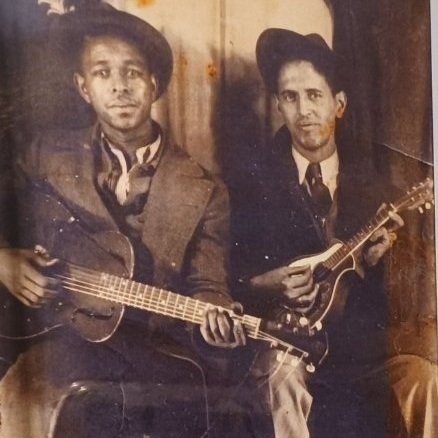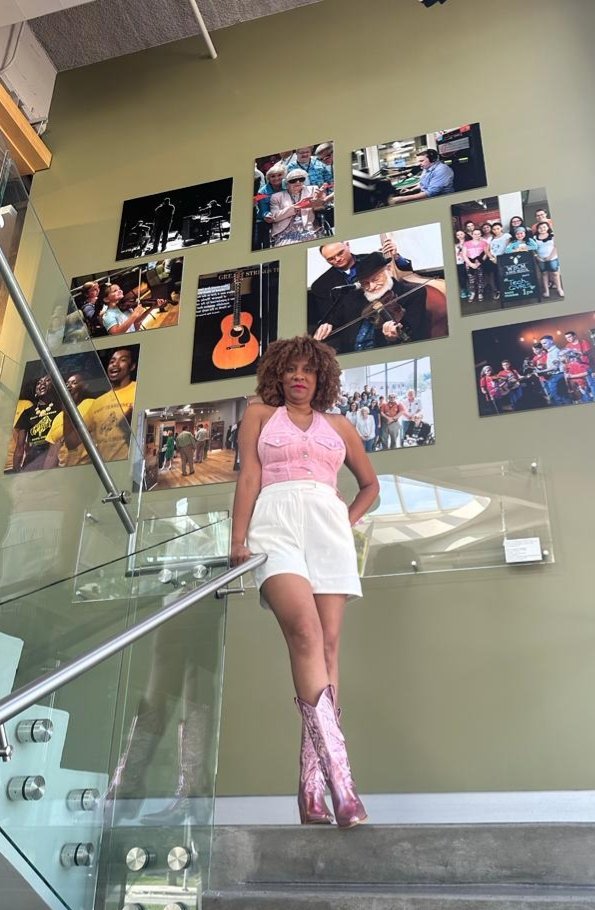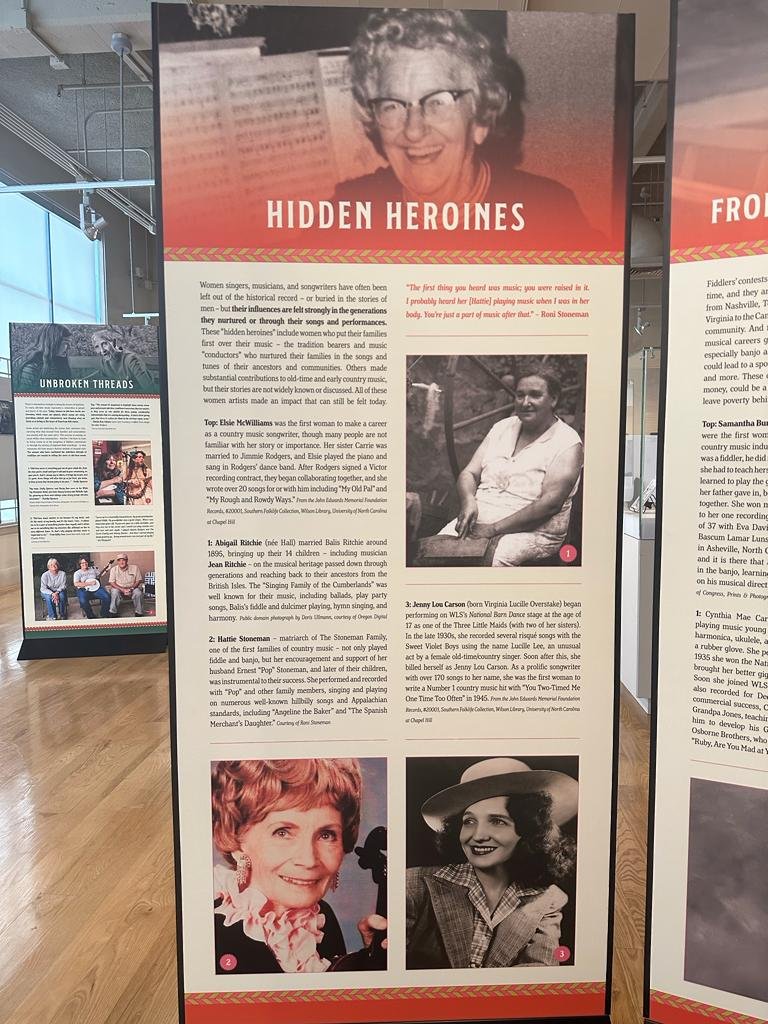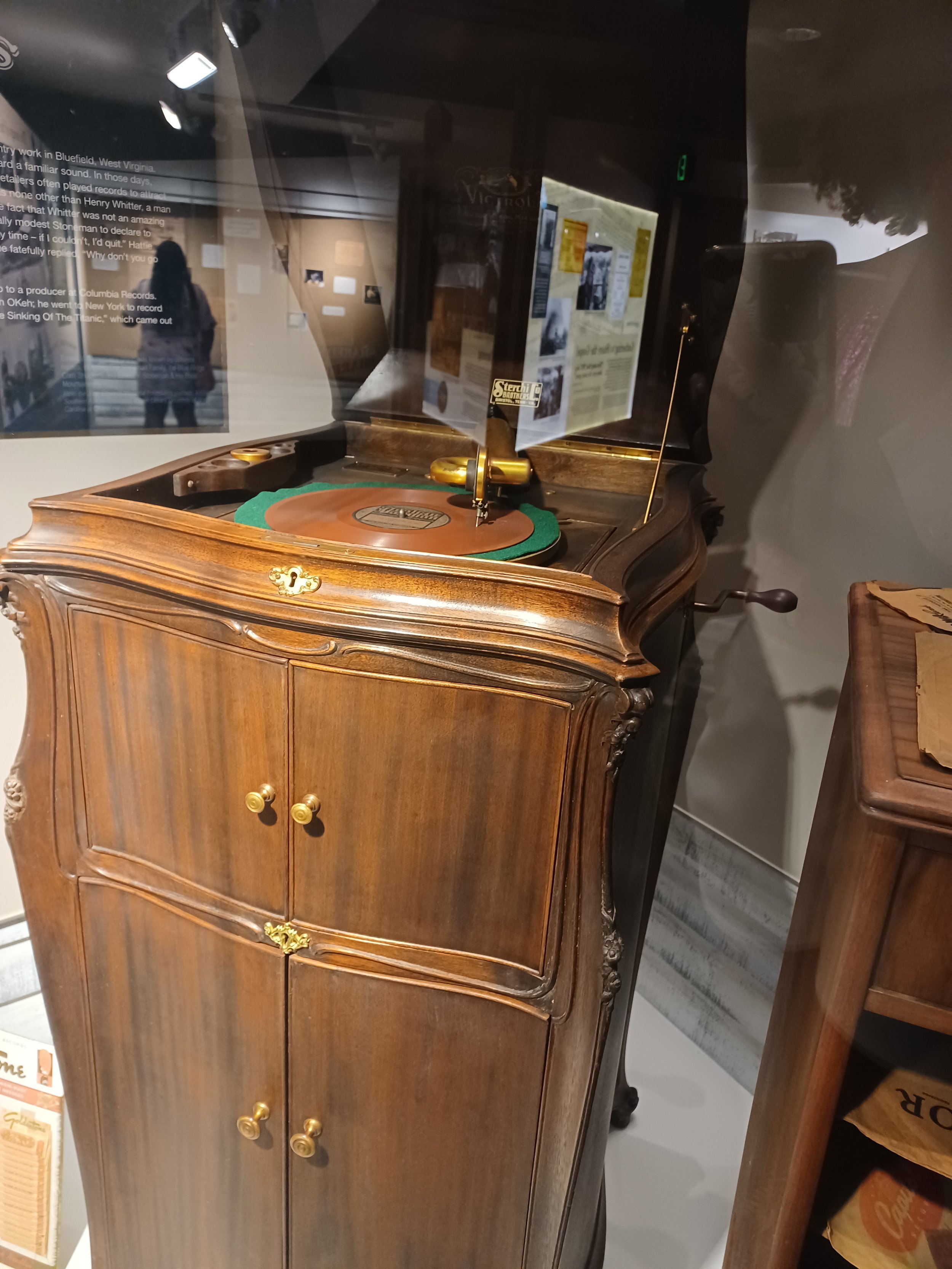During a visit to Virginia’s Birthplace of Country Music Museum (an affiliate of the Smithsonian), I learned that “hillbilly” music was once deemed an acceptable label for what is now recognized as country music. Are you aware that there were 50 or more African American musicians who played on “hillbilly” records before 1932?
I had an opportunity to immerse myself into the Bristol Sessions story through entertaining theater experiences, interactive exhibits and interesting artifacts.
Love or hate her, Beyoncé’s “Cowboy Carter” has led to the world revisiting the conversation around the role that black roots have played in country music. Taking creative liberty with rewriting, Beyoncé's rendition of "Jolene" on the album is unlike any other, featuring a new bridge. Most notably, Beyoncé changed the famous line “I’m beggin’ of you, please don’t take my man” to “I’m warning you, don’t come for my man.” Despite the extensive rewrite, Dolly Parton is recognized as the sole songwriter for "Jolene" on Cowboy Carter. All songwriting royalties from the revised song will be directed to Dolly. A fitting tribute to the country music queen.
Starting in southern Appalachia, “hillbilly” music began as a blend of folk and popular music featuring fiddle, banjo and guitar as primary instruments, with some roots to British folk ballads. This genre of Appalachian music is derived from various influences; including the British Isles. The Irish brought Anglo-Celtic traditions with them to the mountain region. African American descendants of enslaved people brought traditional spiritual influences, blues and jazz. All of these “labels” didn’t exist prior to the 1927 Bristol Sessions, when the Victor Talking Machine Company traveled through southern Appalachia to record musicians who would have been unable to travel to New York City recording studios. This birthed the recording and marketing of music that created a need for the industry to target audiences. Record executives began advertising music and musicians based on what they assumed different audiences would like, creating “genres.”
During these sessions in Virginia, the 1st ever piece of country music was put on record. Considered to be the “Big Bang” of country music, El Watson was the only African-American musician at the Sessions. She recorded 2 instrumental harmonica pieces, “Pot Licker Blues” and “Narrow Gauge Blues.”
Lesley Riddle and Henry Lyons were involved in the African American music scene in Tennessee in the 1920’s. Lyons introduced A.P. Carter to Riddle in 1928 (one year after the 1927 Bristol Sessions introduced the Carter family to the recording industry). Riddle’s partnership with the Carter family would last 5 years, but their friendship lasted decades.
97 Years later, Cowboy Carter is galloping on Spotify and bringing along other Black country-based artists for the journey. The album has also boosted streams for black country acts on Spotify. Brittney Spencer, Shaboozey, Tanner Adell, Reyna Roberts, Willie Jones and Tiera Kennedy — who all appear on 'Cowboy Carter' — saw an increase in first-time listeners and catalog listeners on Spotify. Billboard recently revealed that Cowboy Carter reached No. 1 on the Top Country Albums chart – First Black female artist to hit #1 on Billboard’s Top Country Albums Chart with Cowboy Carter. Read more about the cultural influences on country music here.
2013 NPR article on book: Hidden in the Mix: The African American Presence in Country Music
November 2023 NY Times Article: Black Folk Musicians Are Reclaiming The Genre
You May Also Like:
Hearing the music through the museum’s galleries felt like unearthing a time capsule. I loved every moment wandering through songbooks and instruments that mapped out the journey of the genre.







